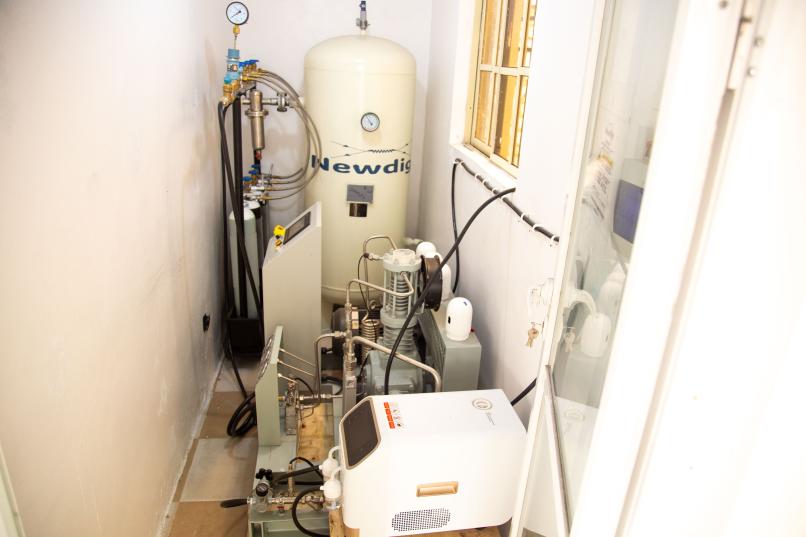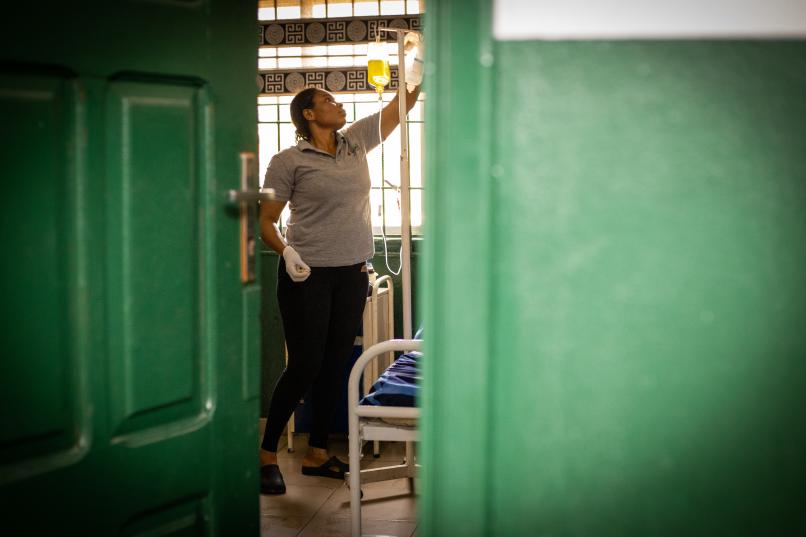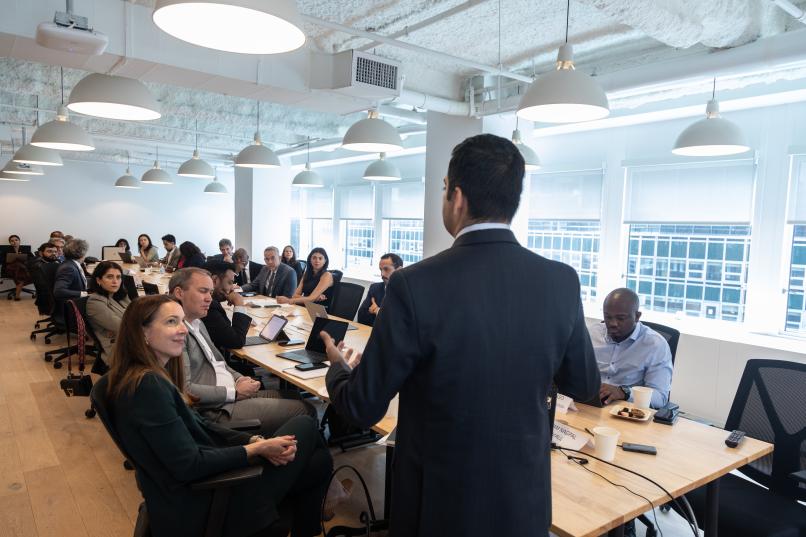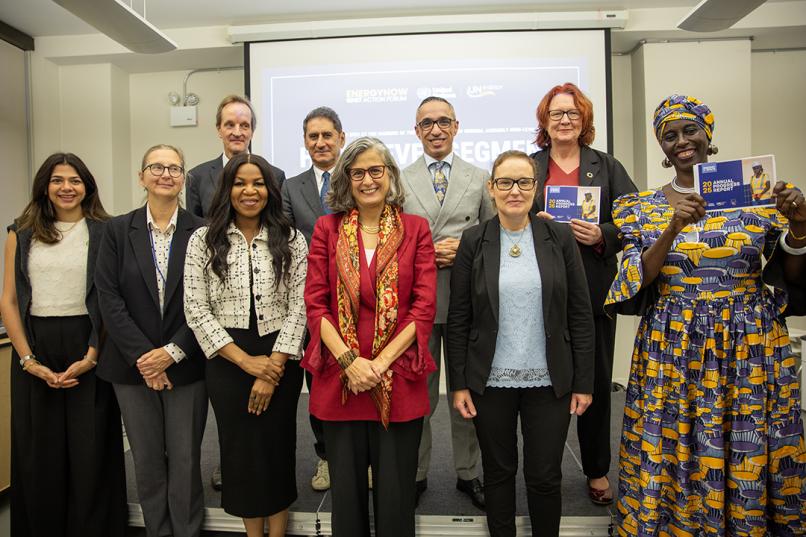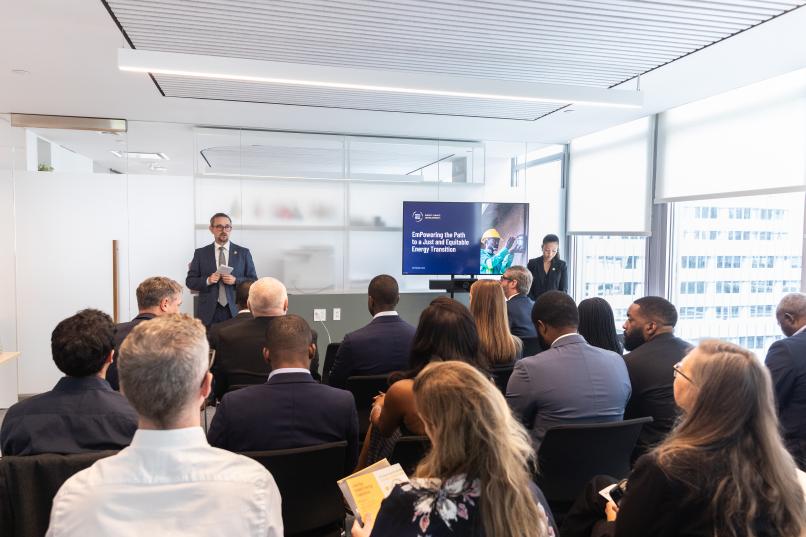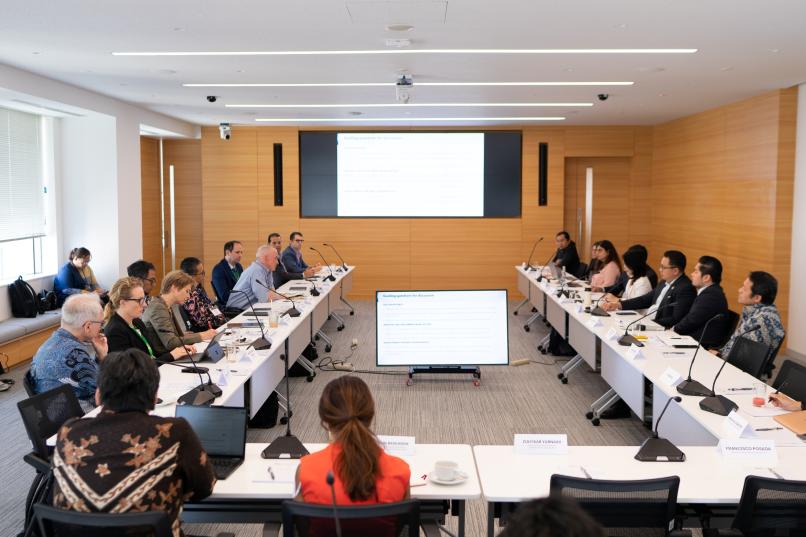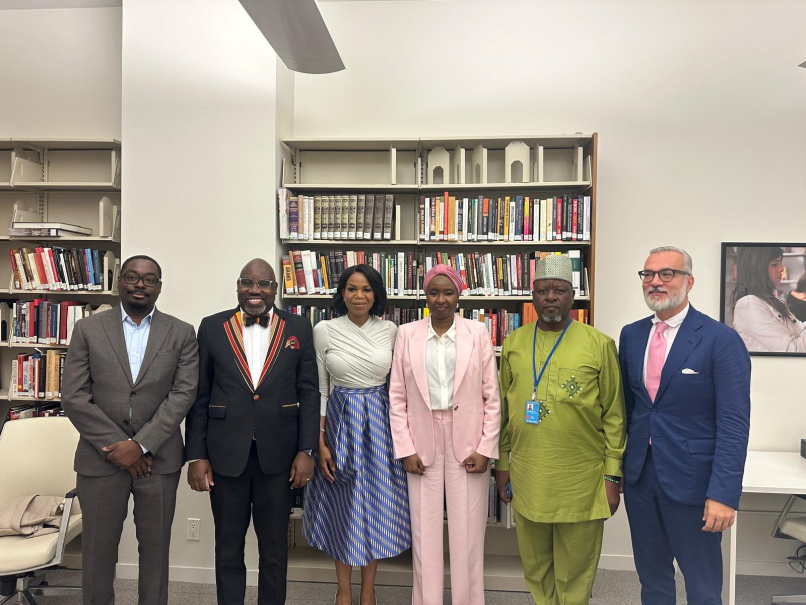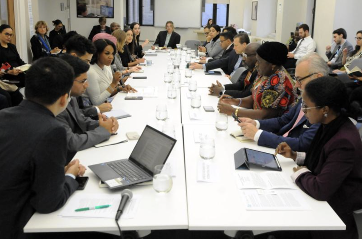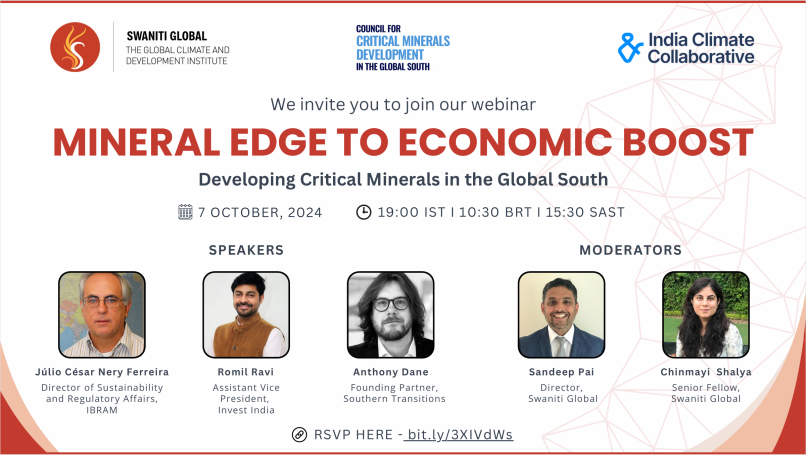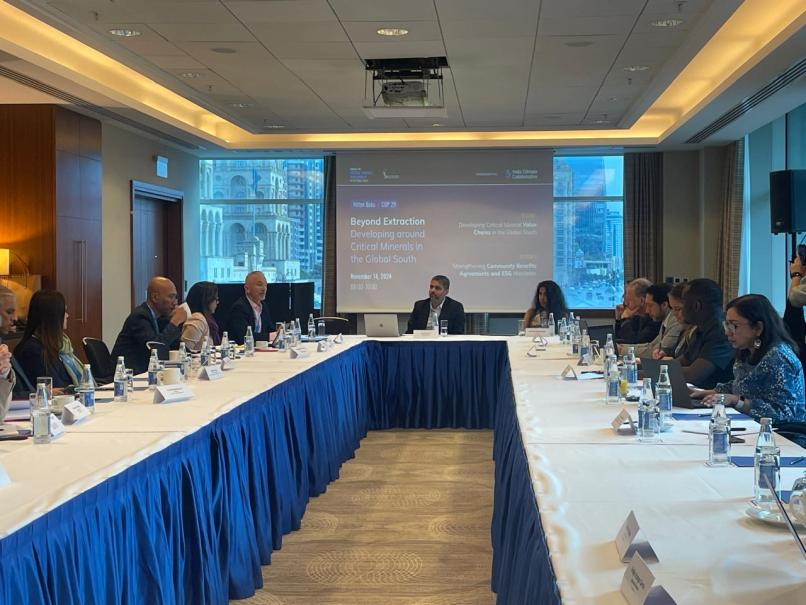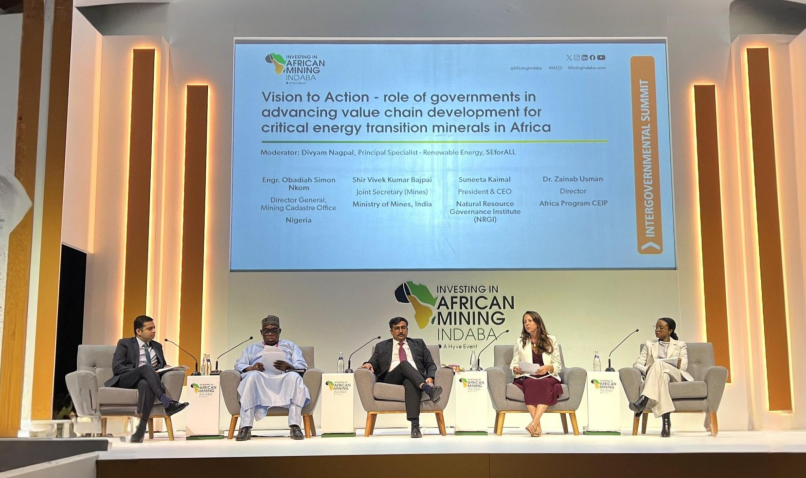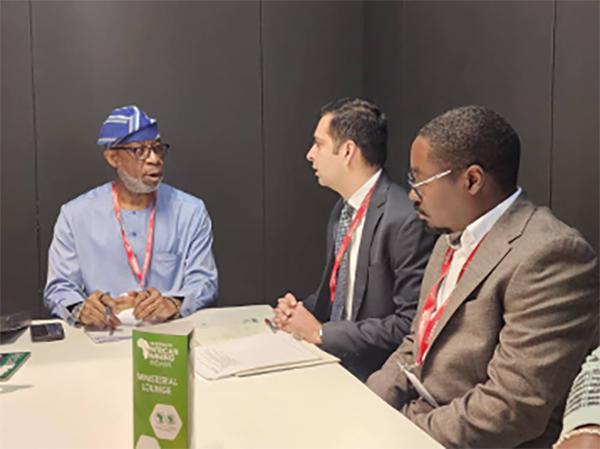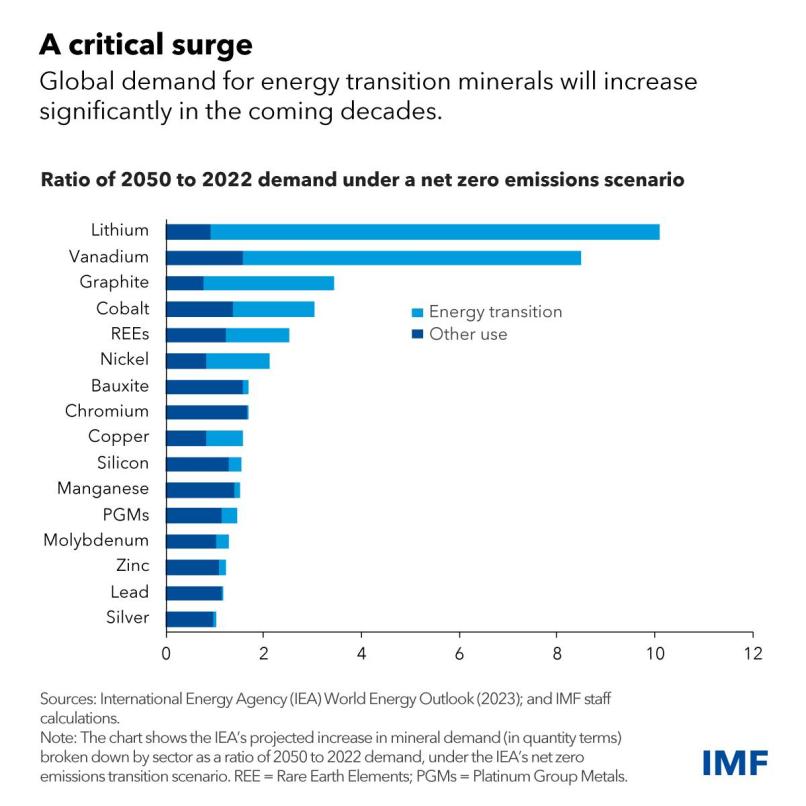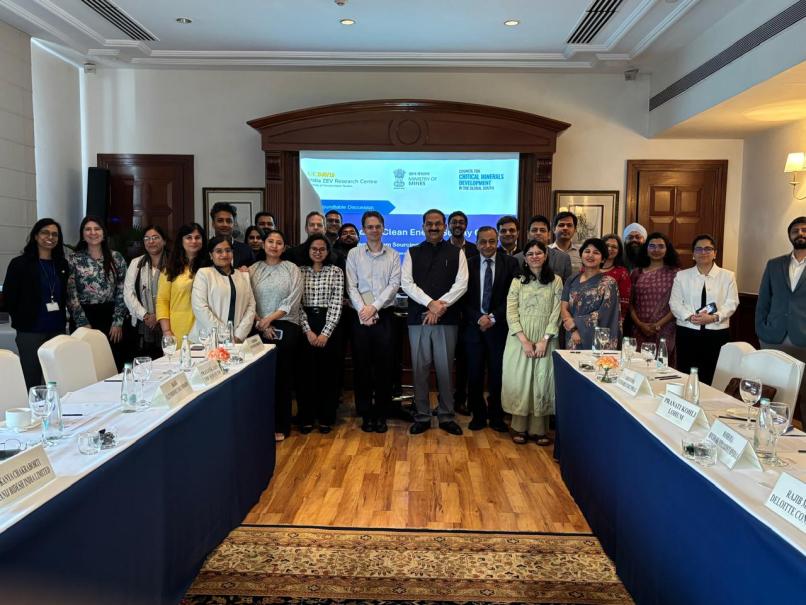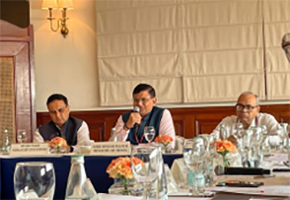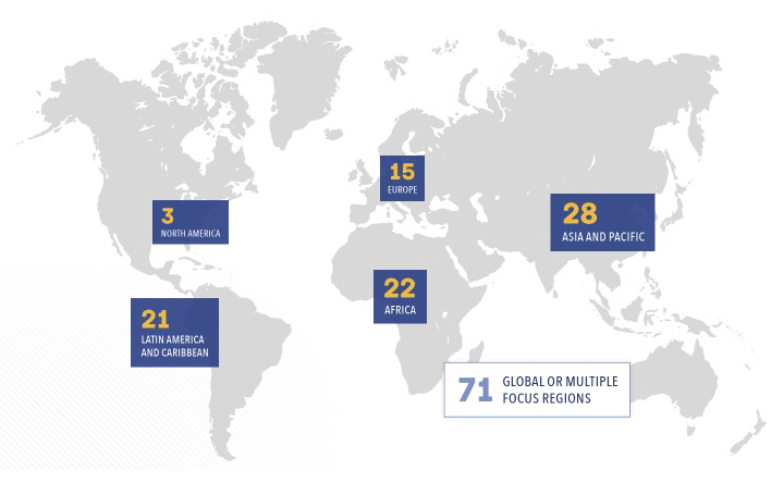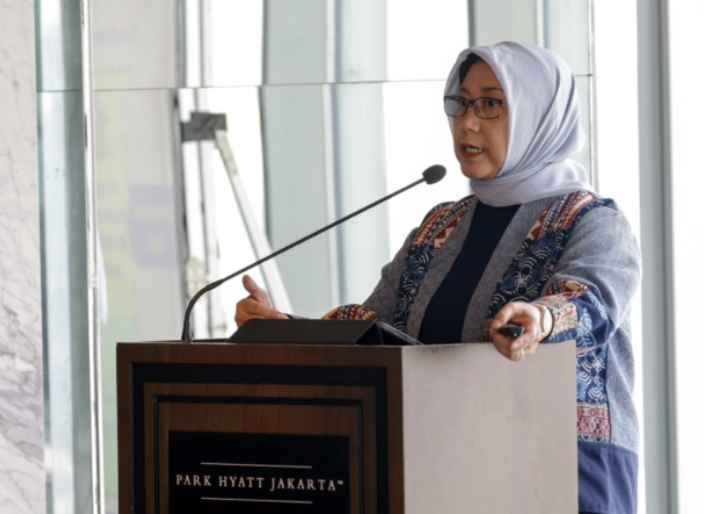Clean Energy and Oxygen Innovation Powers Hospitals in Nigeria
Newdigit’s Just Add Water is a modular Regenerative PEM fuel cell solution that uses grey water and the power of the sun to produce oxygen and electricity.
Lagos, Nigeria. September 11, 2025
Newdigit, a Lagos-based clean energy company, is improving healthcare in Nigeria by providing hospitals with reliable electricity and medical-grade oxygen through a modular system. Supported by the Powering Healthcare Innovation Fund, its Just Add Water technology combines solar power and Proton Exchange Membrane (PEM) fuel cell technology to generate electricity, oxygen, and clean water for health facilities. Beyond healthcare, Newdigit’s innovation also supports agriculture and other small- to industrial-scale uses.
“Many hospitals in Nigeria rely on unstable electricity from the grid, with 8-10 hours of power cuts every day, so they use polluting diesel generators for backup”, says Derick Nwasor, co-founder and CEO of Newdigit. “With Just Add Water, hospitals can power essential equipment, produce life-saving oxygen onsite and even recover clean water, leading to improved healthcare services.”
Turning sunlight and water into reliable energy for hospitals
The system combines a PEM electrolyzer that splits water to produce hydrogen and oxygen, a PEM fuel cell that converts hydrogen into reliable electricity, and a solar-powered array that runs the entire process using renewable energy. Together, these components provide hospitals with 12–15 kW of continuous clean power, 10–40 litres per day of medical-grade oxygen, and clean water as a by-product. Its plug-and-play design allows for fast installation and easy scaling.
Newdigit’s Just Add Water systems are being installed in three hospitals across Lagos, Nigeria, serving more than 24,000 patients each year. By reducing dependence on unreliable grids and costly diesel generators, the systems will generate around 274 MWh of clean electricity in their first year and avoid over 150 tonnes of CO₂ emissions annually. To ensure sustainability and local ownership, Newdigit is training hospital staff and local technicians to operate and maintain the systems—building capacity to keep facilities powered and self-reliant.
“We have started now in Lagos, but our goal by 2030 is to reach at least 1,000 hospitals across Nigeria”, says Joy Princess, and COO of Newdigit. “We aim to improve the lives of millions of patients, every single year”
Powering Healthcare Innovation Fund
This project is part of the first cohort of the Powering Healthcare Innovation Fund, launched by Sustainable Energy for All (SEforALL) in 2024 with support from UK aid through the Transforming Energy Access (TEA) initiative. The fund backs innovative approaches to healthcare electrification.
Out of 84 applicants, Newdigit Technologies was one of three grantees, receiving a USD 50,000 grant to implement its clean energy and oxygen generation system. Implementation began in September 2024 and is set to conclude this month.
“Newdigit’s approach demonstrates the power of combining renewable energy and innovation to tackle multiple challenges in healthcare. This project shows how clean technologies can simultaneously provide reliable electricity, oxygen and water – which could be revolutionary in creating resilient health systems across Africa”, says Charlie Knight, Senior Energy Officer at SEforALL, who manages the Innovation Fund.
